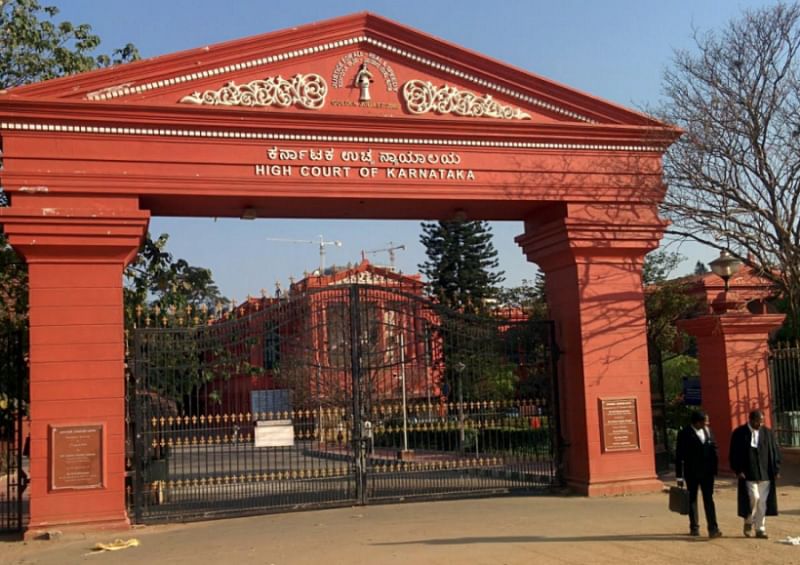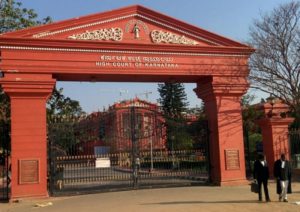Karnataka High Court permits non signatories to the contract to invoke the arbitration clause on the principle of devolution
The Petitioners, Siddharth Infotech Pvt. Ltd. and Everonn Education Ltd. had filed writ petitions challenging the orders of the State Government and Cabinet to terminate/cancel a project on various grounds including re-modelling of the same
The project in question was known as the Information and Communication Technologies Scheme which was introduced by the Government of India to spread computer literacy among secondary school students and modernizing and upgrading computer hardware and infrastructure in schools. This program initiated by the Government of India was approved by the State of Karnataka with an objective to implement ICT Phase III Project in 1763 government high schools and 2633 in government aided schools in the state of Karnataka. The total value of the project was approximately Rs. 426 crores.
The Government of Karnataka decided to have the said project implemented through Karnataka State Electronics Development Corporation Limited (KEONICS) and expressly permitted Subcontractors/Consortium Partners to be appointed in its agreement with KEONICS. Accordingly, KEONICS floated a tender and Everonn Education Ltd. was declared the successful bidder. Siddharth Infotech Pvt. Ltd. and Ricoh Ltd. were brought on board by Everonn Education Ltd. as Consortium Partners.
The Government of Karnataka had executed an agreement with KEONICS and a back to back agreement was executed by KEONICS with the consortium leader Everonn Education Ltd. Both agreements provided for arbitration clauses.
The Government of Karnataka subsequently terminated the agreement with KEONICS. Aggrieved by the same, the consortium partner Siddharth Infotech Pvt. Ltd. inter alia challenged the termination orders by the Government of Karnataka by filing a writ petition before the High Court of Karnataka. Everonn Education Ltd. which was in liquidation sought to permission of the Chennai High Court and filed a subsequent petition and the matters were heard together.
A preliminary objection was raised that the Petitioners do not have the locus standi to challenge the termination as they are not parties to the Agreement between the Government of Karnataka and KEONICS. Further, as the Petitioners, being subcontractors, were not signatories to the Agreement between the Government of Karnataka and KEONICS they could not invoke the arbitration clause.
The Karnataka High Court rejected the preliminary objection of the Government of Karnataka and held that the Petitioners have locus standi to challenge the termination order. It further held that though the subcontractors were not signatories to the Agreement between Government of Karnataka and KEONICS, the Agreement specifically provided for the appointment of sub-contractors. Upon appointment, the sub-contractors stepped into the shoes of KEONICS and the rights under the Agreement devolved upon the Subcontractors.
The Karnataka High Court relied on the judgments of the Apex Court in Chloro Controls India Pvt. Ltd. v. Severn Trent Water Purification Inc. and Cheran Properties Limited v. Kasturi and Sons Limited in support of this view.
Mr. Chintan Chinnappa (Partner) assisted by Ms. Anandi Kamani (Associate) of Spectrum Legal appeared for the Petitioner, Siddharth Infotech Pvt. Ltd.
Mr. K.S. Mahadevan appeared for the Petitioner, Everonn Education Ltd.
Senior Advocate A.S. Ponnanna appeared for Ms. Leela Devadiga on behalf of the Department of State Educational Research and Training and the respective Government counsels.





